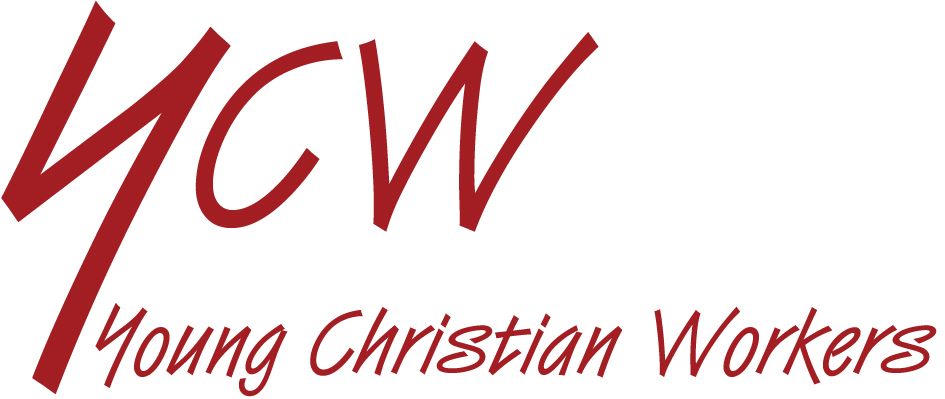What’s Possible? Covid Success Stories from the world of Catholic Youth Ministry
The Catholic Youth Ministry Federation of England & Wales (CYMFed) have released a set of stories showcasing some of the ground-breaking work that’s been done with young people over the last year.
The document, called What’s Possible?, draws together stories from fourteen different projects across England & Wales. Among them are CAFOD’s online assemblies, an online ‘watch along’ of ‘The Chosen,’ last year’s ‘National Youth Funday,’ and a host of other projects, some online and some in the flesh.
Bishop Ralph Heskett, the Bishop for Youth for England & Wales, said “I am greatly encouraged by the breadth of examples of outreach to our young people that has been undertaken during the Covid pandemic... This has been a time of struggle, loss and frustration for so many young people and I am delighted that the Youth Ministry community has found creative and sometimes new ways of reaching out to our young friends”
The document is called “What’s Possible? – Stories of Catholic Youth Ministry during the pandemic” and it can be found at HERE
















